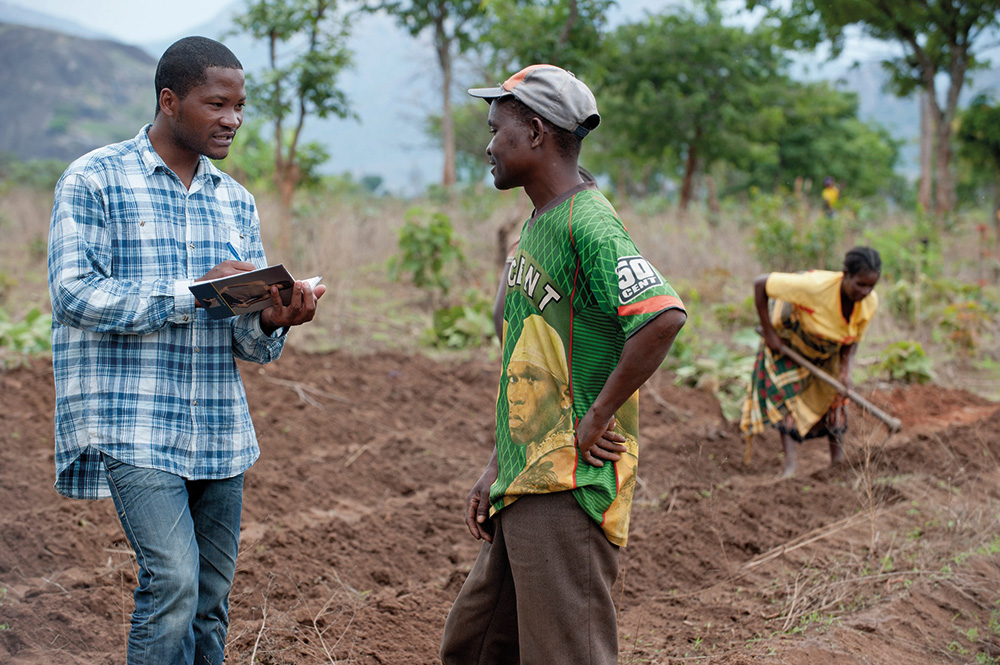DLG-Verlag was founded in 1952 as a subsidiary of DLG e.V. (Deutsche Landwirtschafts-Gesellschaft - German Agricultural Society) with its headquarter in Frankfurt/ Germany. The publishing company provides expertise for the agricultural and food sector.
With its subsidiaries Max-Eyth-Verlag and DLG-Agrofood Medien GmbH the DLG-Verlag offers books and magazines, as well as catalogs of the DLG's international DLG exhibitions.
Members:
Resources
Displaying 11 - 15 of 316Organic equals conventional
In a long-term project in Kenya, the Swiss-based Research Institute of Organic Agriculture has examined the potential of organic and conventional agriculture regarding soil fertility, the occurrence of pests and diseases, and profitability. Initial results make a strong case to implement policy measures necessary for supporting the adoption of organic management practices on a large scale.
Land governance in German development cooperation
Access to land is key to achieving food security, poverty alleviation, social equity and environmental protection. A brief insight in land governance-related principles and policies of the German development assistance.
No food security without land tenure security?
Secure tenure of farming and forest land is increasingly recognised as an important factor of household food security and nutritional status. This is borne out by a study by the Laotian Land Issues Working Group. It demonstrates mutual impacts, how government land-related policies affect the factors involved, and who the winners and losers are.
Making the SDGs count for land rights
Does the inclusion of land rights in the global development agenda bear the potential to promote the secure and fair distribution of land rights? Yes, our author believes – provided that the land-rights community does not rest on its laurels and really addresses the crucial aspects.
Snakebite brings social and financial burden among Indian farmers
Snakebites are a crucial, yet underreported issue in many South Asian countries. In India, they kill some 50,000 people every year. However, the government has neglected the issue. Now, it’s time to seriously address this all but forgotten public health problem, our author maintains.






